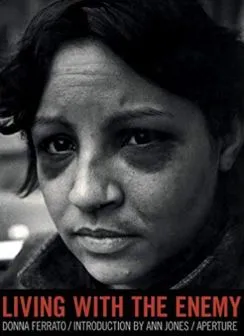
In S v Baloyi the Constitutional Court placed a clear duty on the state to address domestic violence. As the form of violence most frequently experienced by women, this obligation is entirely necessary. One in five South African women will experience violence at the hands of at least one of her intimate male partners over the course of her lifetime. At its most lethal, this violence can culminate in murder, with more than half of women’s homicides in 2009 caused by their intimate partners.
Shelters disrupt this violence in at least two ways: they provide immediate sanctuary and protection to women and their children; and, as places of reflection and support, can provide women with a bridge out of despair to a life free from violence. This is evident from research showing that more than half of women do not return to their partners after leaving shelters. Shelters are also able to assist women obtain employment – although, given the state of the South African labour market, their success in doing so varies. These benefits are not only to individual women and children but to society more broadly. Enabling women to leave their abusive partners contributes to reducing women’s future use of health facilities, social development services, as well as their use of court and policing services. By limiting children’s exposure to violence, shelters also help reduce the likelihood of children growing up to either perpetrate or experience violence as adults.
However, these important functions of protection, prevention and regeneration need to be strengthened by policy more closely attuned to abused women’s needs, coupled to a budget adequate to realising these policy goals. On Monday the National Shelter Movement will be launching their report proposing such a minimum core budget. As the author of the report I'll be summarising some of the key sections of the analysis over the next few days.